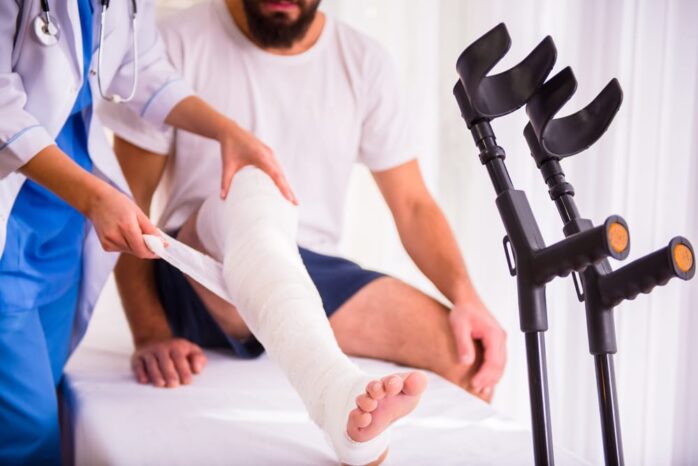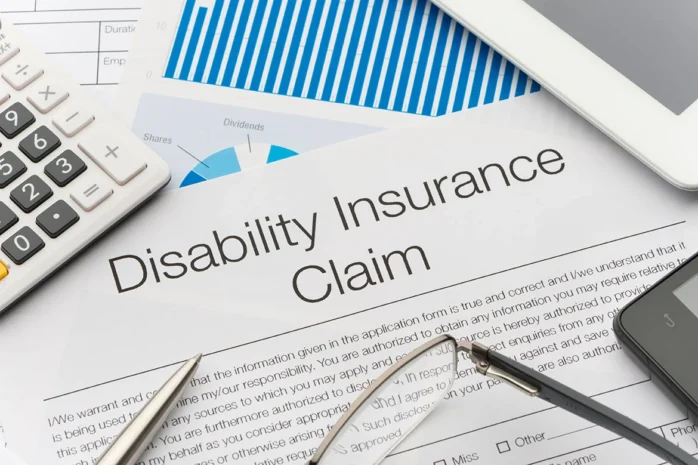
As an entrepreneur you have many advantages compared to people in paid employment. There is complete freedom with regards to working hours and assignments that you do or do not want to do. Being your own boss is becoming increasingly popular. Also among independent photographers who choose the assignments that we find interesting.
Entrepreneurship also has dangers. If you are employed, you can rely on the social security system in many countries. For example, in the event of unemployment or incapacity for work, you often receive benefits from the government. As an independent entrepreneur, for example as a photographer, the situation is different. If you are an independent entrepreneur, you are often not entitled to anything and you run a risk. For example, the risk of not getting any more orders. There is then no safety net on the basis of which you receive an income. Do you, as an entrepreneur, become ill and become incapacitated for work as a result of an accident? Then this is also your own risk. There is no right to disability insurance from the government. You should take this into account if you want to start as an independent entrepreneur.
The occupational disability insurance

Not getting orders is a business risk. You cannot insure against this either. This is different in the case of incapacity for work due to illness or a traffic accident. As a self-employed person, you can often receive disability benefits on the basis of disability insurance you have taken out yourself. However, the costs of this are high.
The cost of disability insurance depends on a number of factors, such as age, but also the industry you work in. For example, the insurance premium is higher in the construction industry than for an independent photographer of houses. After all, as an independent contractor in the construction industry you run significantly more risk of being involved in an accident than as a photographer, for example.
There are various types of disability insurance. For example, there is an insurance policy that makes a one-off payment and an insurance policy that periodically transfers a fixed amount, for example monthly or annually. In addition, there is an insurance policy that pays for the actual damage. This latest version offers the best guarantee of the salary that was earned before the accident. However, this insurance also usually has the highest premium!
Disability due to accident

Incapacity for work can also be the result of an accident such as a traffic accident. In this case, as an independent entrepreneur, there are 2 options. The first is to hold the other party liable for damage as a result of incapacity for work. Is there a unilateral traffic accident? In that case, a claim can sometimes be made for a payment on the basis of a damaged passenger insurance.
Is someone else responsible for the cause of the traffic accident? In that case, this person is obliged to compensate for the damage as a result of the incapacity for work. This is the case, for example, in a rear-end collision. Because in most countries motor vehicles are compulsorily insured against liability as a result of a traffic accident, the insurer pays your personal injury.
Many people have personal injury insurance. Under this insurance, the damage as a result of an accident must be compensated. There is often a maximum to the insured amount.
In many countries, the legal aid of a personal injury lawyer, like Brugmanletselschade can be used to recover personal injury claims. In some countries this legal aid is even free of charge!
Why insure yourself against disability?

As a salaried employee, it is clear what you are entitled to if you become ill. With a permanent contract you are entitled to at least 70% of your wages for two years. The rights as a self-employed person are also clear in that regard: in principle you are not entitled to anything.
That sounds harsh, but it is also the reality. The only option you have is to apply for social assistance benefits. It goes without saying that this has far-reaching consequences.
Fortunately, you can take various measures to ensure that you still receive a reasonable income in the event of disability.
The disability insurance
With disability insurance you insure yourself of income if you are no longer able to work due to illness or an accident. How much premium you pay depends, among other things, on the amount to be paid out that you choose. You can tailor the disability insurance completely to your personal situation. This also influences the amount of the premium. An advisor can tell you more about the options. There are costs associated with this advice.
Good to know: the premium is fully tax deductible. You do pay income tax on the benefit you receive. There is a benefit up to the chosen retirement age. It is therefore primarily an option that offers certainty for the longer term.
Causes of incapacity for work among entrepreneurs

We often think that disability does not happen to us. Nevertheless, 1 in 4 entrepreneurs becomes incapacitated for work. And unfortunately, the number of unfit for work self-employed workers continues to grow. According to Adfiz, an industry association of independent financial advisors, 50% of entrepreneurs between the ages of 35 and 65 have been incapacitated for more than 90 days. And 14% has been incapacitated for work for more than 5 years.
The most common causes of disability are:
- Illness (80%), for example due to psychological complaints such as burnout and physical complaints such as a wrong posture, overload and tension
- Injury or an accident (20%), for example during sports, in and around the house or in a traffic accident.
Consequences of incapacity for work
The consequences of incapacity for work are significant for an entrepreneur. Not being able to work means no income. In the event of short-term incapacity for work, it may be possible to revert to your own reserves. For example, many entrepreneurs indicate that they have their savings as a buffer or that they will claim the value of their own home in the event of incapacity for work. But what if your incapacity for work lasts for a longer period of time? And what if you don’t have any savings or your own home? Have you ever calculated how much money you need to live?











